Whether you want to bike down the face of a volcano, trek out to isolated indigenous villages, paddle down rivers or marvel at the monkeys, tortoises and blue-footed boobies of this remarkably diverse ecosystem, this guide will help you plan your perfect trip to one of South America’s top adventure destinations.
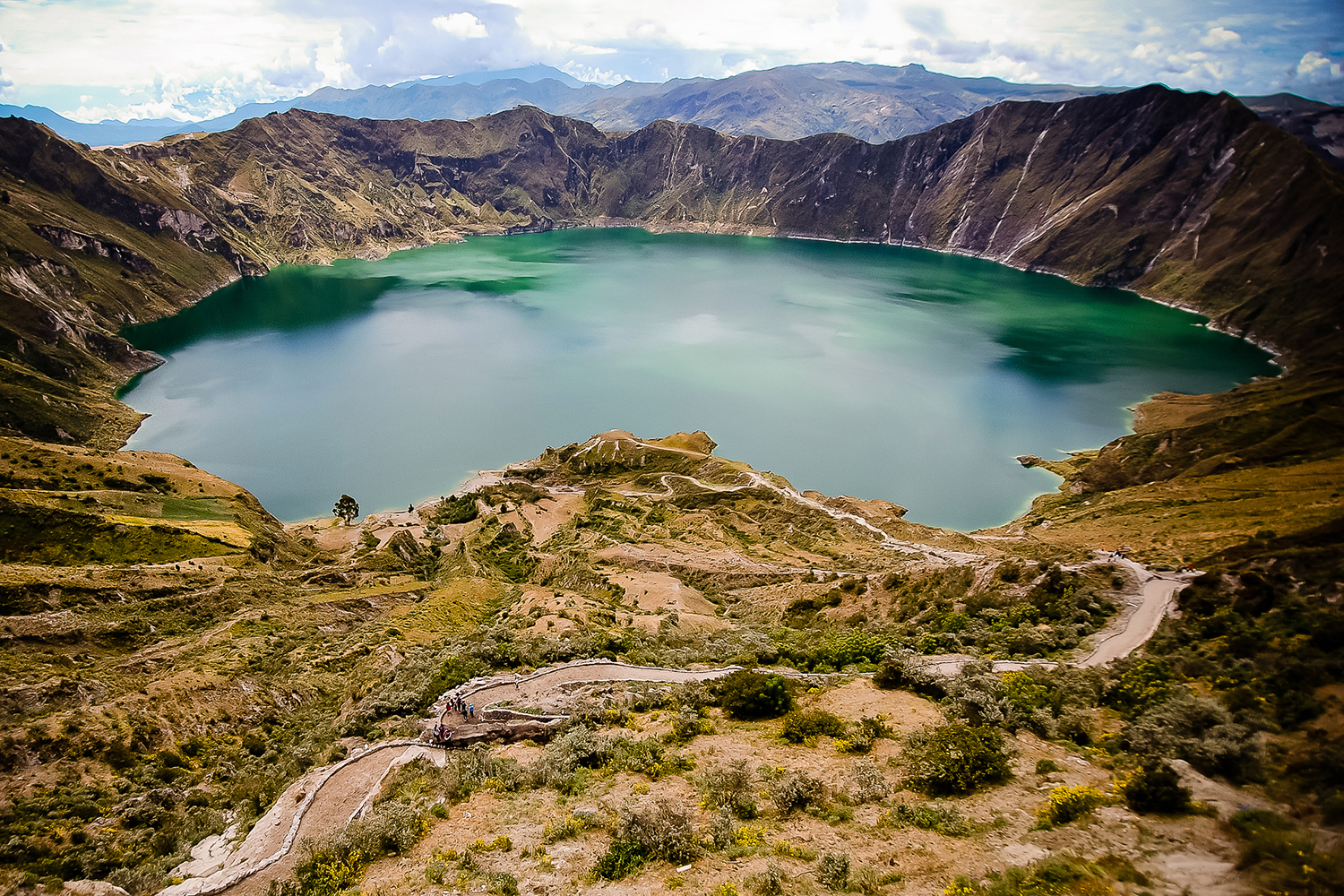
Currency: US Dollar
Transport: Super cheap (about $1 per hour on buses)
Visas: Visitors from most countries don’t need a visa for stays less than 90 days
Seasons: High season is June-September
Daily budget: $30 (budget backpacker), $30-$80 (mid-range independent explorer), $100 and higher (high roller and anybody that wants to go to the Galapagos)
Full-circuit voyager
This two-week itinerary takes you to Ecuador’s top sights. Nearly every journey begins in the country’s sophisticated capital, Quito. Spend at least two days acclimatizing to the altitude (2850m), checking out the colonial churches and hopping over to Otavalo, just north of the city, for the country’s best crafts market. Next, head south for an overnight stay in one of the gorgeously restored haciendas just outside of Cotopaxi National Park. Take a day to tour through the park to see wild horses and migrating birds before you head south again for two nights in Cuenca, a gorgeous colonial city with cobblestone streets, arts, markets and excellent food.
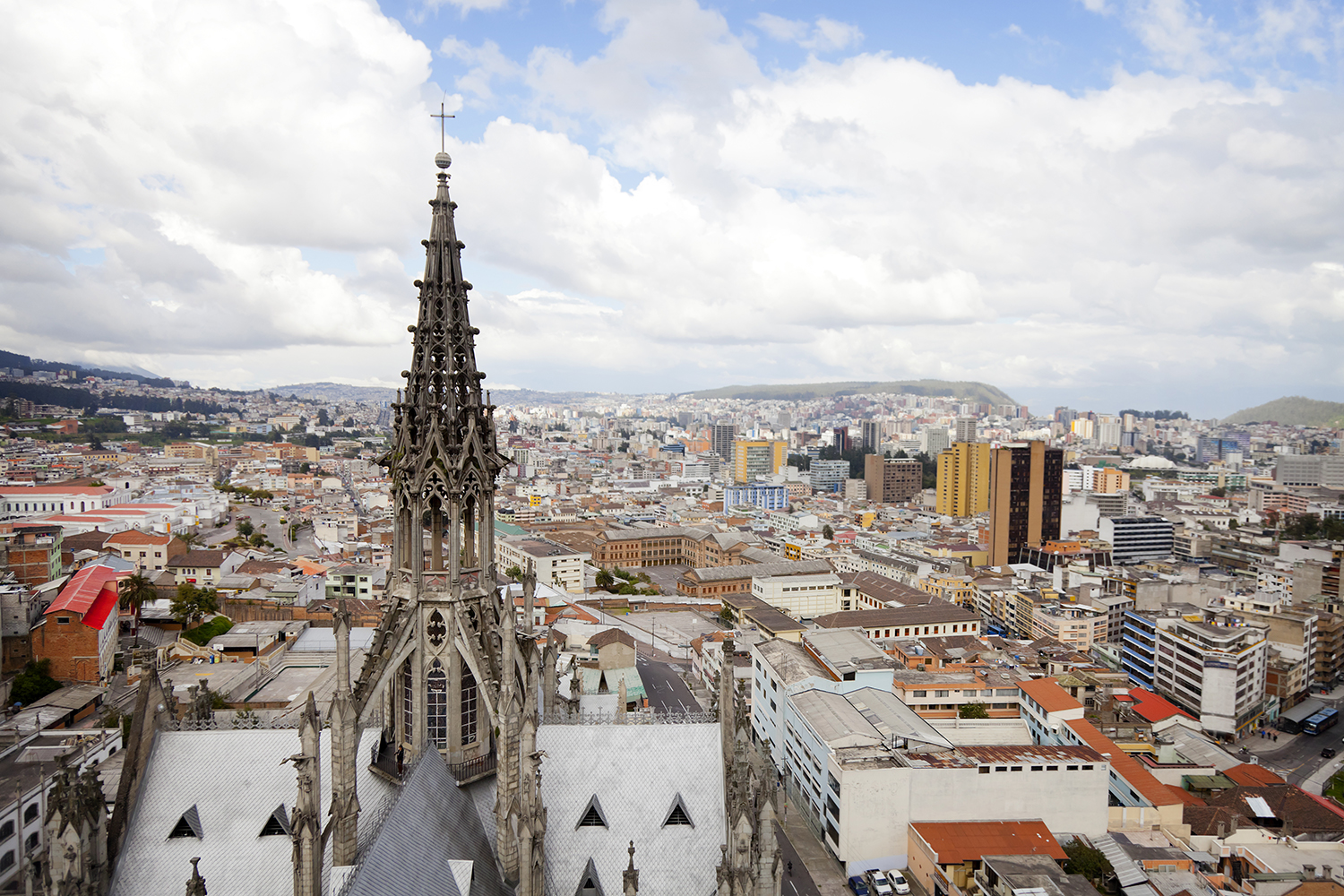
From Cuenca, you can either head back by road to Quito, stopping for a few days of tropical relaxation, mountain biking and rafting in the busy backpacker center of Baños, or head straight to the Galapagos Islands for a four-day island-hopping, wildlife-watching cruise. Many choose to end their adventure here, missing out on a trip down to the Amazon Basin. Why not tack on four days to explore the jungle lodges outside of Coca on the Río Napo?
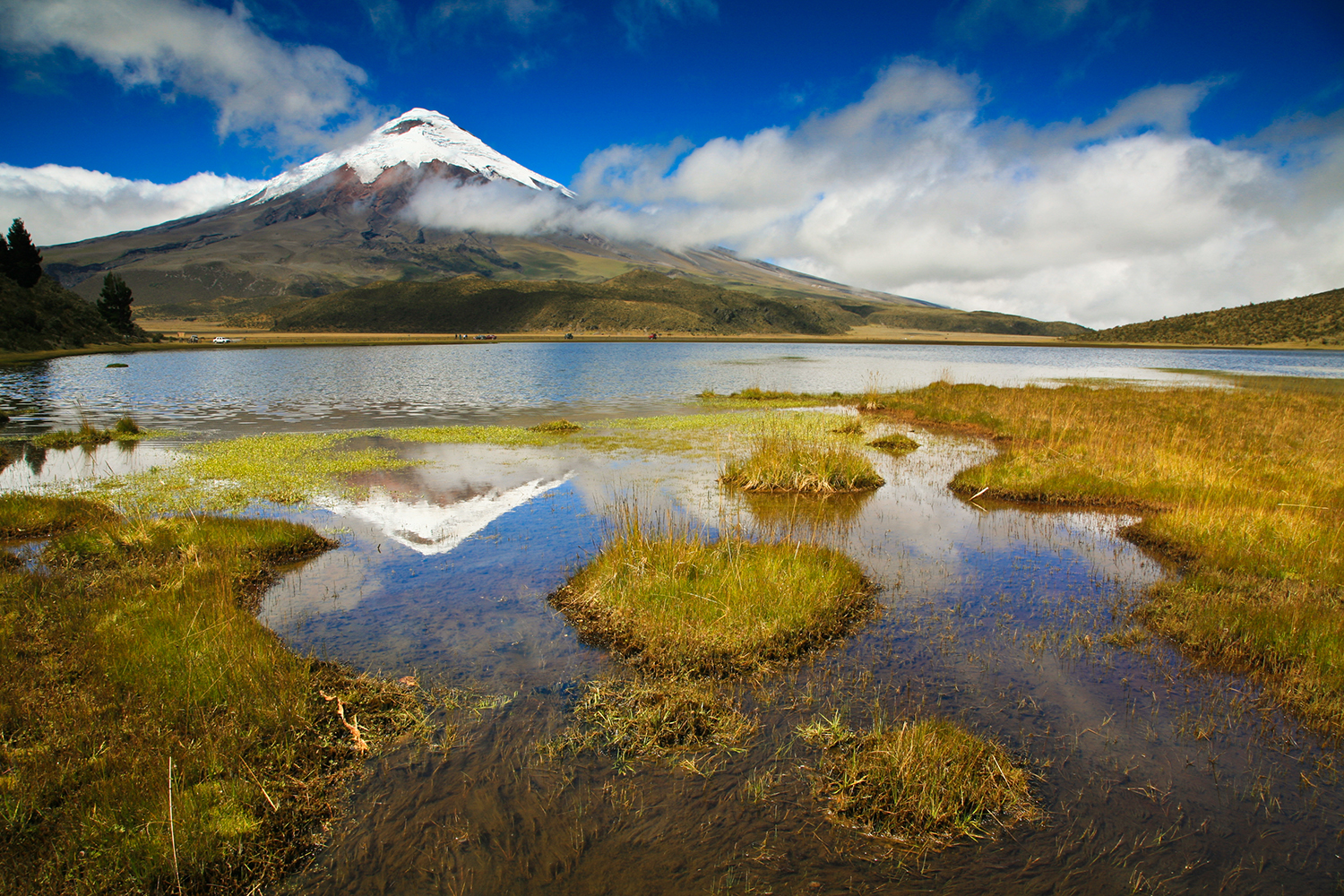
Cultural explorer
Ecuador has a remarkable cultural tapestry. It’s a diverse country with over a dozen distinct ethnic groups and some 20 unique languages. In the highlands, you won’t want to miss the small Kichwa villages found on the Quilotoa Loop. Along the way, you’ll get the chance to descend to a crater lake that local legend says has no bottom, meet artists who have propelled naïve art to international levels in Tigua or just get lost on ancient trails as you hike and bike from village to village. There are numerous crafts markets along the way, where you can sample delectable Andean street fare like cuy (guinea pig), and buy local artisan goods, textiles and more.
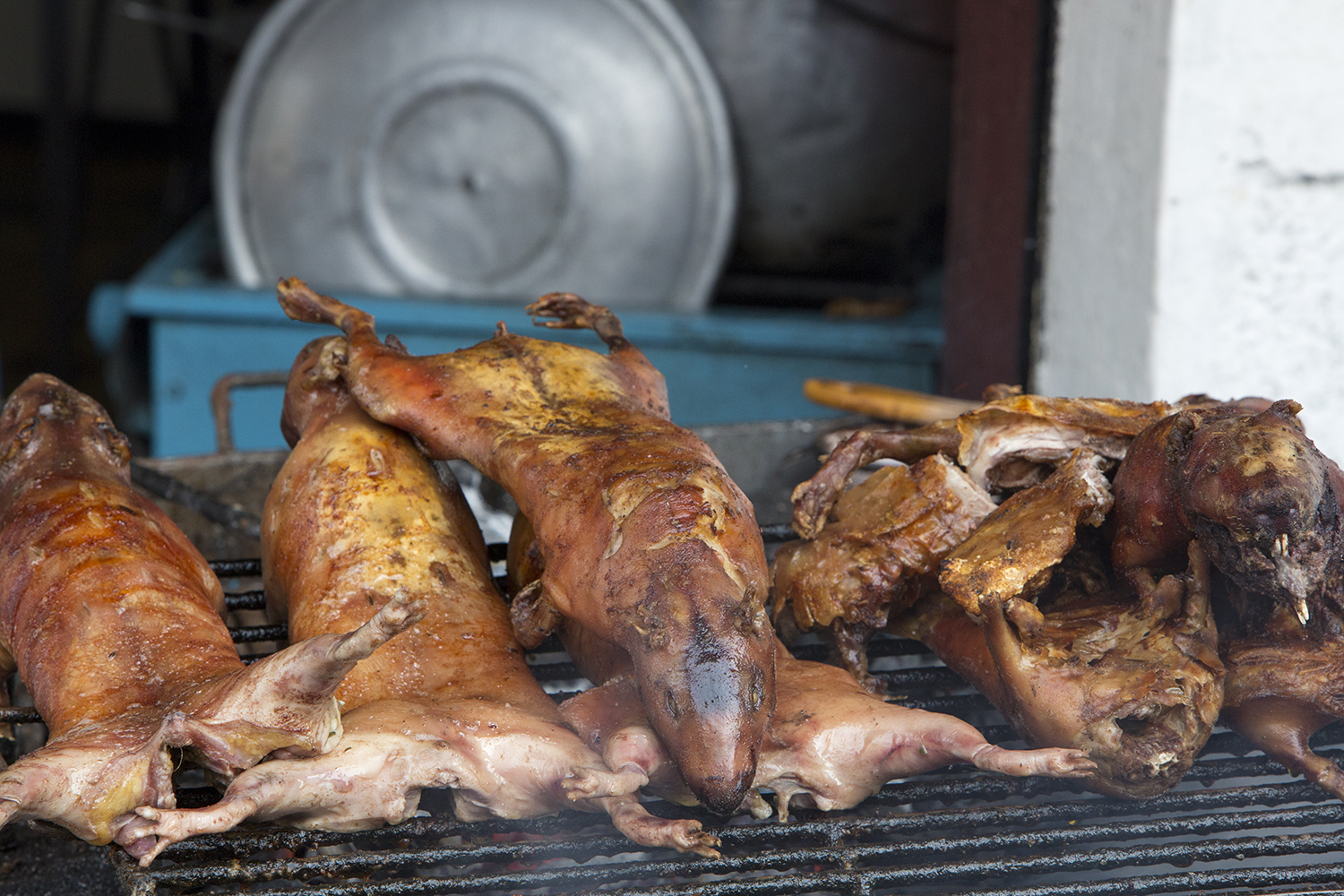
In the Amazon Basin, you can see wildlife, paddle rivers and learn about the unique cultures of isolated indigenous tribes like the Huaorani and Shuar, while along the North Coast, you’ll find large groups of Afro-Ecuadorians. Largely marginalized by mainstream society, Afro-Ecuadorians serve up delectable seafood dishes, like coconut seafood stew, and make amazing chocolate.
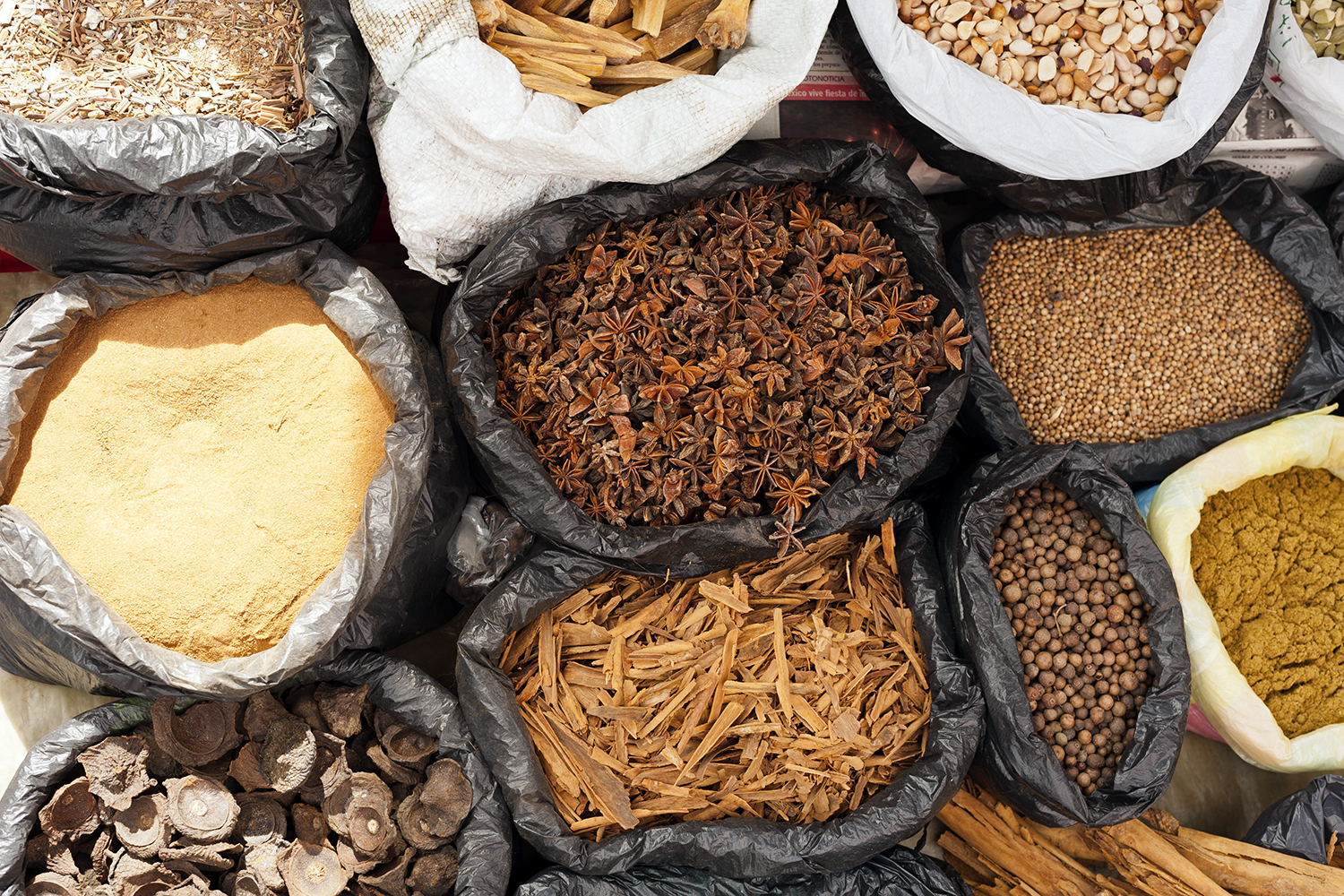
In the big cities of Quito, Cuenca and Guayaquil, culture is alive. Not only will you wander through the remnants of colonial times in the remarkable churches, walkways and arcaded plazas, but you’ll also find world-class modern art, chart-topping museums (that are mostly free!), suped-up nightclubs and rocking music scenes. There’s also a unique festival going on in this highly religious country nearly every week of the year. Top festivals include Carnaval in February, Semana Santa in March, Inti Raymi in June, Mamá Negra in September and Fiestas de Quito in December.
Active adventurer
Ecuador offers up a truckload of adrenaline-soaked activities that will get your heart pumping and take you to the edge. Topping it all off is a summit of one of the nation’s towering glacier-draped volcanoes. Cotopaxi is a top pick for most, while Chimborazo takes you above the 6000m mark for bragging rights with your fellow andinistas.
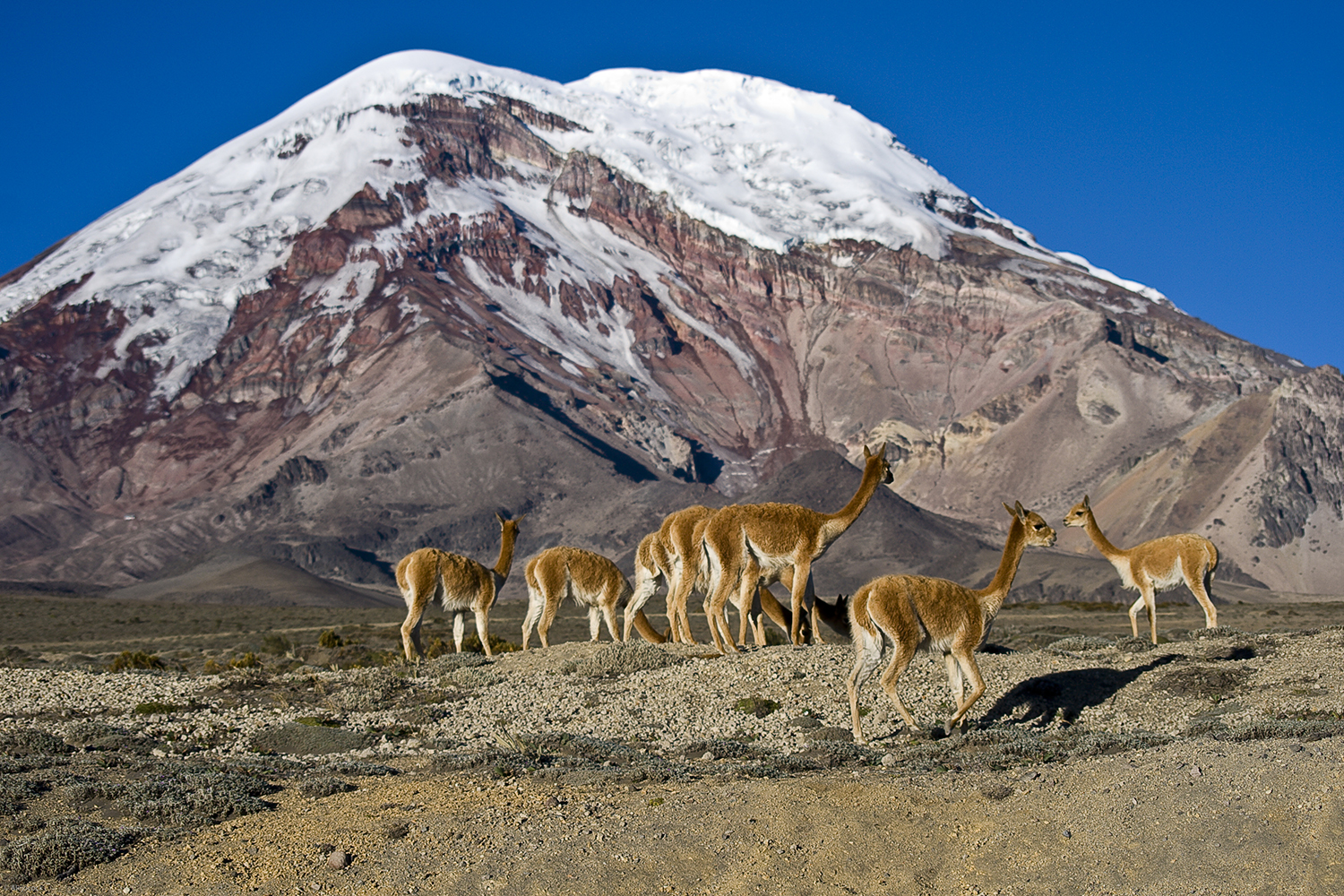
There’s good surf in Ecuador, too. In places like Montañita, Canoa and Mompiche, you can find 2m waves, chill surf scenes and plenty of other fun activities. The waves are best January to March.
Outside the season, you can still fill your need for white water with a rafting adventure down any of the country’s Class III and IV rivers. Tena is your top pick, but there are big runs near Macas, Río Blanco, El Chaco and Baños.
For two-pedaled adventures on terra firma, there’s sick mountain biking down the flanks of Chimborazo and Cotopaxi, plus a dusty-bottom ride from the edge of the Andes to the Amazon on the Ruta de Las Cascadas, a 61km ride that takes you past a dozen waterfalls as you descend from Baños to Puyo.
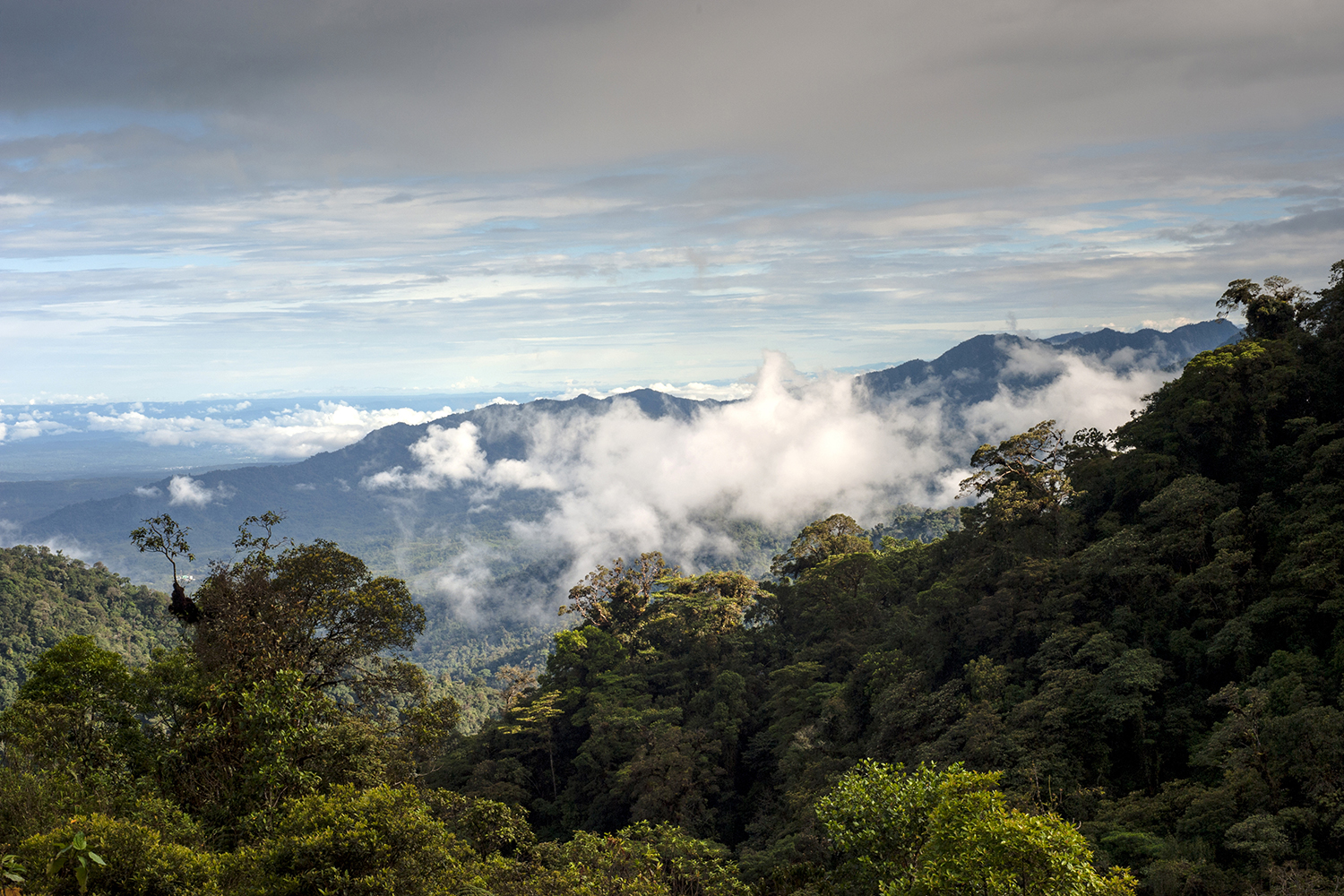
It seems that everywhere there’s a zip line (ask to go headfirst, Superman-style with arms outstretched), a bridge to jump (or swing from in a local derivation of bungee jumping known as puenteing), or a mountain to climb. For wildlife watching, you have world-class birding in places like Mindo, Amazonian jungle romps for glimpses of monkeys, toucans, river dolphins and caimans along the Río Napo, staggering biodiversity in far-out parks like Parque Nacional Podocarpus and, of course, journeys through the place that revealed The Origin of the Species, the Galapagos Islands.
There are a few things you won’t want to forget: